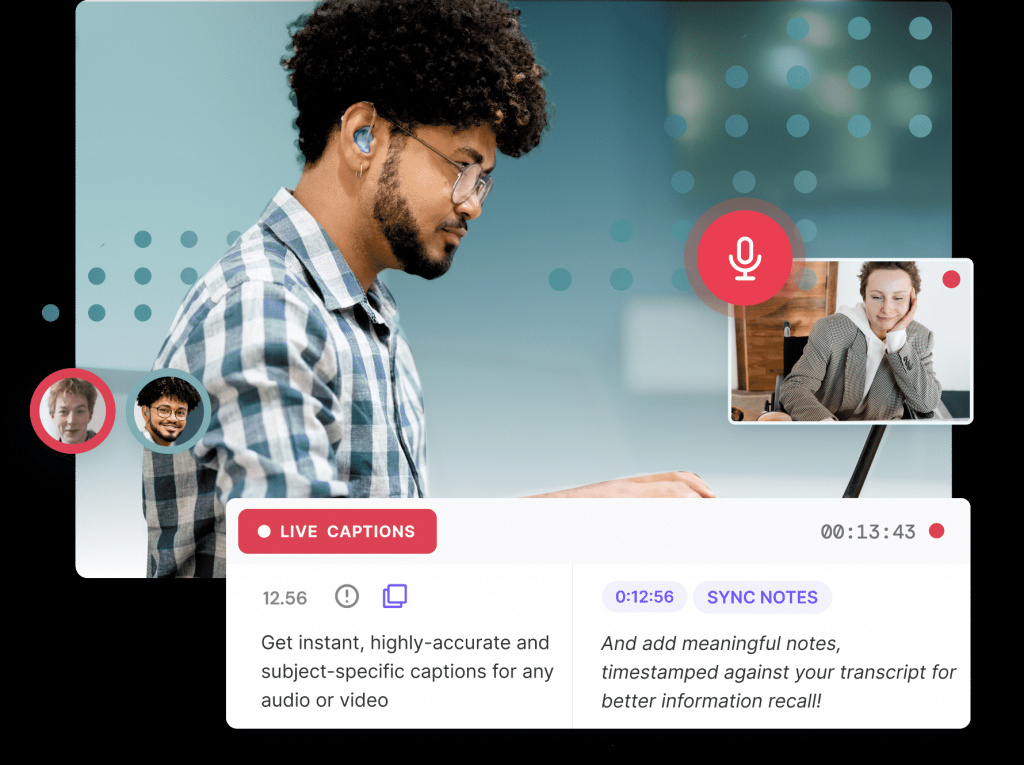
We’ve just completed a year-long research study with 40 schools, across the UK, exploring how neuroscience research into memory formation can be used by teachers.
Our project focused on how developing teachers’ understanding of the underpinning neurobiological process of memory formation, in particular the idea that it is supported by epigenetic ‘priming’. In collaboration with teachers, we have produced a toolkit to enable more schools to take the findings of the priming research and turn them into teaching practice. The neuroscientific account of memory formation we focus on is how neural plasticity, and therefore learning, is achieved through the expression of genes.
The aim of the project was not to measure or indeed observe changes in plasticity but to provide teachers with knowledge of the mechanism to bring criticality to the way that some think that memories are formed and so it was worth investigation to see how teachers would apply it to their teaching.
Expanding on our opening premise we asked the following: do you think memory is important to learning? If the answer is yes, then memory formation is just as important as memory consolidation, but more importantly comes first in the time line for memory formation. And, you might ask yourself, how long is that time line?
The timeline of memory formation
What recent research into memory has shown is that the formation of memory is dynamic and occurs over extended periods of time after the initial ‘learning event’. In the project we set this out as a timeline of memory formation.